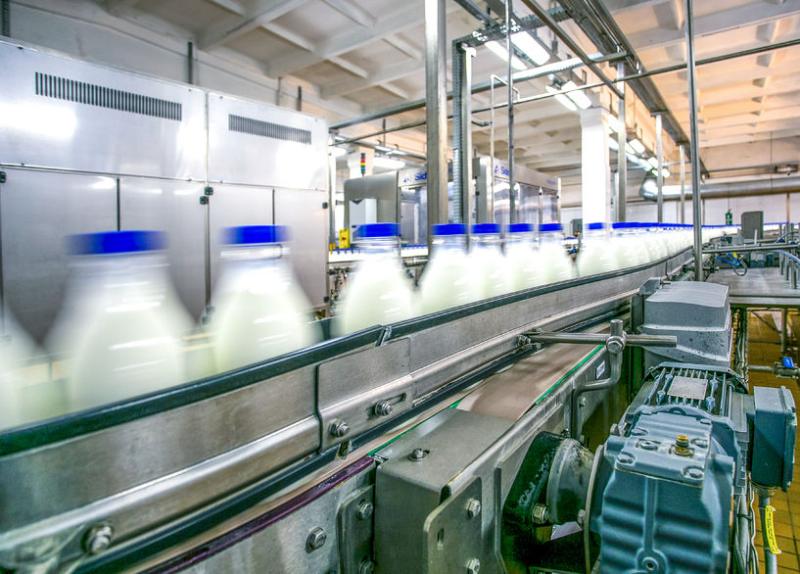
The NFU is expecting to meet with Muller next week following its decision to slash the milk price paid to its farmers.
The farming union said it was "shocked" by the steep price cut of 1.5p per litre that Muller will be imposing on it supplying farmers come January 2018 and is looking for an explanation from the processor.
The decline in price to its 700 Muller Direct suppliers comes amid a drop in the value of cream and butter in the UK over the last three months.
And now the NFU will meet with Muller next week in an urgent face-to-face meeting to ask why farmers are now "left to pay the price".
It has also wrote to Grocery Code Adjudicator Christine Tacon and Defra Secretary Michael Gove asking them to do what is necessary to bring some "badly needed" price transparency to the market.
NFU Scotland Vice President Gary Mitchell said that such a large drop in price from Britain’s largest producer of branded and private label fresh milk, butter, yogurt, desserts and dairy ingredients needs to be properly explained.
“Why have Muller been the first to cut and cut so savagely when they have lucrative contracts that should provide milk price certainty to their dairy farmers?” Mr Mitchell asked.
“What makes the whole situation even worse is that this drop in price is out of line with our European neighbours and has, once again, left the UK market out of sync with the rest of Europe.
“The size of the UK retail market, and the percentage of milk that continues to be sold daily as fresh, should provide stability to prices, but it just hasn’t happened. Are we again seeing processors chasing retail contracts on price to the detriment of their dairy farmers?
“Dairy farmers need answers and Muller needs to explain their action when we meet next week.”
Transparency
Mr Mitchell said it is impossible for the milk market to function properly while price transparency between farmers, processors and retailers "does not exist".
He said it is imperative that all sections of the industry are open and honest with each other for the industry to move on from the "hard times of a few years ago".
“The reality is that, when commodity prices surged, farmgate prices were slow to respond and now that markets have softened, Muller has chosen to drop prices like a stone,” Mr Mitchell explained.
“That has huge impact on confidence at a time when bank accounts have still to recover from the milk price crash in 2015 and 2016.”
Knowing little
At AgriScot, dairy expert Chris Walkland stated that analysis of all UK milk price indices showed that the average Scottish dairy farmer had missed out on between £40,000 and £45,000 of income.
This is based on what they could have reasonably expected to have received as a milk price in 2017 and what their milk buyers have actually delivered.
Mr Mitchell added: “As an example of the lack of transparency, it is now common knowledge that in aligned supermarket milk contracts there is a cream price tracker and rebate system - yet the industry knows little about how that operates.
“However, it is hugely important in setting the milk price, as cream income to a liquid processor is currently worth 12.75p per litre - the 5th highest on record– when three years ago it was worth 5.5p.”
“That is value in the chain that should be getting shared with producers and isn’t.”
